How Long Does It Take for a Cat to Die if it Stops Eating?
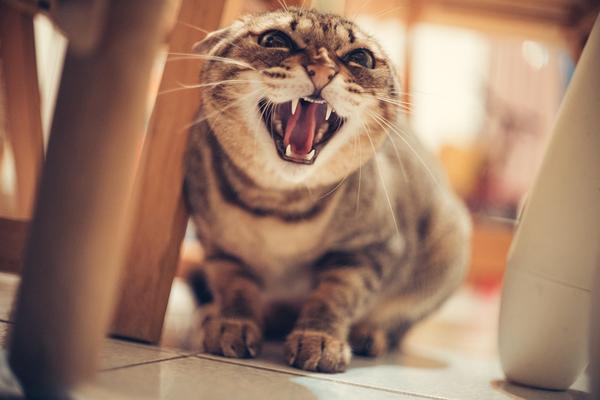
Losing sleep?
Worried sick? 😔
Your beloved furball hasn't eaten for days...
Let me tell you, there's a world of worry and pain when your cat refuses to chow down...
You don't want to see them waste away, do you?
Well, fear not!
Today's guide will shed some light on this pressing matter.
Ready?
Let's jump in!
How Long Can an Elderly Cat Go Without Eating?
How long can an old cat hold out without chowing down?
Let's break it down for you:
- Surviving on Empty: An elderly cat can last up to 10 days without a meal if they have some water and are generally healthy.
- It Gets Ugly: If a feline goes more than two weeks without nibbling, it could spell trouble, leading to malnourishment and their organs shutting down.
- Handle with Care: Older cats are more delicate, so catching any health issues early on and giving them the right treatment is key to enhancing their quality of life.
- Less Hungry, Still Important: It's normal for senior kitties to lose their appetite, but it's crucial that they eat small amounts regularly to keep getting proper nutrition.
- Comfort Matters: When age-related illnesses can't be cured, offering palliative care becomes essential to keeping your cat comfy and free from pain.
- Changing Tastes: As the end approaches, your purring pal's nutritional needs might shift, making it important to carefully watch what they eat and make necessary adjustments.
- Food Fiascos: During those final stages, your furry friend may lose interest in food due to discomfort and nausea. They'll need special attention and maybe some medication.
- Taking It Easy: As your cat nears the finish line, their mobility tends to decline, so create a safe space that's cozy and stress-free, dodging stairs and long distances.
- Accidents Happen: Towards the end, your cat might struggle with bathroom accidents both #1 and #2. Regular cleaning is crucial to prevent discomfort and skin irritation. 😺
Knowing how long an older cat can go without eating helps you decide when it's time to head to the vet.
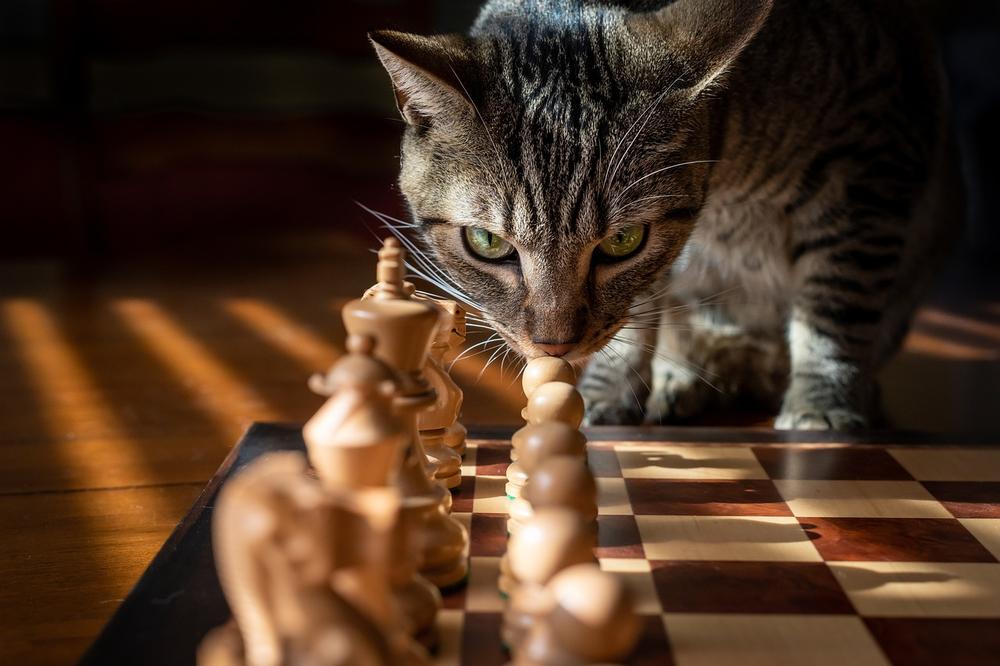
By closely monitoring and supporting them, you can ensure your cat feels as comfortable as possible during this vulnerable period.
Main points I'll expand upon further down this article:
- Cats can become dangerously ill within 3-4 days without eating.
- Veterinary care should be sought if a cat goes without eating for more than two days.
- Prolonged starvation can lead to organ failure and death.
- Immediate vet attention is necessary to prevent organ and brain failure.
- Regular feeding is crucial for a cat's overall well-being and health.
- Liver disorders like hepatic lipidosis and fatty liver disease can threaten a cat's life.
- Major medical issues, stress, dental problems, or changes in routine can cause a cat to stop eating.
- Offer a variety of food choices and create a calm environment to help your cat start eating again.
- Seek veterinary assistance if your cat continues to refuse food.
- Provide a balanced diet, regular exercise, clean environment, and quality time for your cat's health and happiness.
But what happens if your elderly cat goes without eating for more than a couple of days?
The consequences can be severe, with nutritional deficiencies compromising their immune system and leaving them vulnerable to illnesses.
Let me tell you why monitoring their food intake is crucial for their health, and what signs of impending death you should be aware of...
The Dangers of Not Eating for a Cat
Monitoring your cat's eating habits is crucial
You know, it's really key to keep a close eye on your cat's eating habits. Cats have specific dietary needs that are essential for their all in all health.
If they don't get enough food, it can weaken their immune system and make them more susceptible to getting sick or infected.
Seek veterinary care if your cat stops eating for more than two days
Now, here's the thing about cats not eating... If your furry friend goes without food for over two days, it's time to bring them straight to the vet.
Trust me, waiting too long can be really dangerous for them.
Why?
Well, when cats don't get enough protein from their food, they can quickly become extremely ill.
Within just three to four days, they might experience extreme fatigue, lethargy, and dehydration.
It's definitely something you don't want for your precious feline companion!
Lack of food can lead to severe consequences
Let me tell you, if your cat doesn't eat for an extended period of time, it can have some serious consequences for their health. I'm talking about organ failure and even death.
Yes, it's as dire as it sounds.
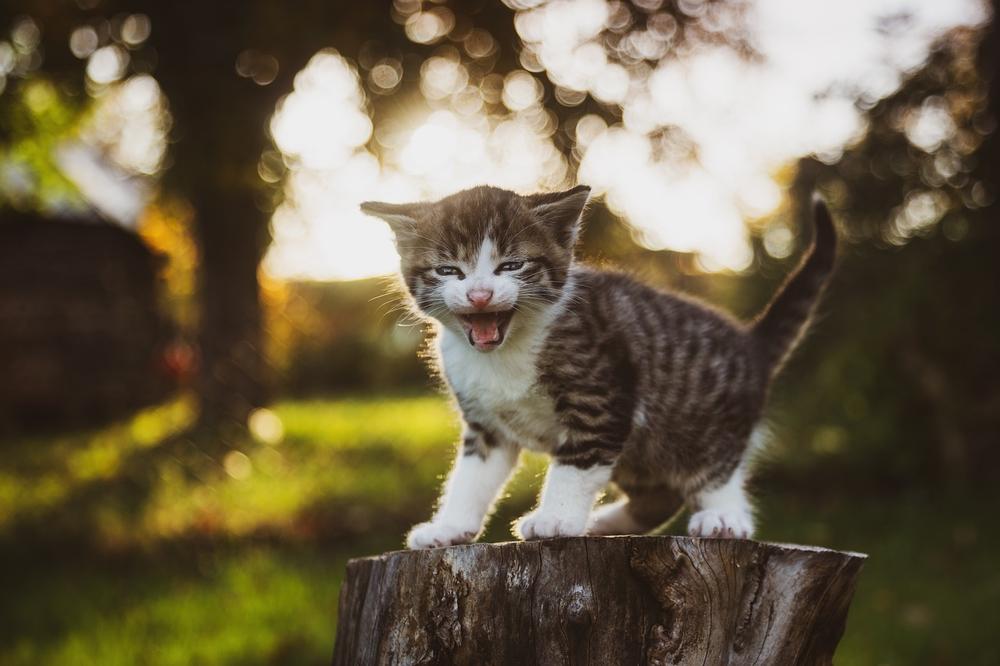
Also, not having enough food can potentially lead to liver disorders like hepatic lipidosis and fatty liver disease, which can put your cat's life at risk.
So please, pay attention to any hunger strikes they may have.
Don't ignore those signs!
And just so you know, there are clear phases when a cat is nearing the end.
They'll have good and bad days until eventually, they stop eating and drinking altogether. It's unmistakable when they reach a point where there's no turning back – no pulse, no heartbeat, no visible breathing, and absolutely no response to anything you say.
It's heartbreaking.
But let's not let it come to that.
Make sure your cat gets the nutrition they need and always be attentive to their eating habits.
So, now that you know the dangers of not eating for a cat, let's delve into the potential reasons behind it.
Are you curious to find out?
Why Did My Cat Stop Eating?
If your cat isn't eating like usual, there could be a few reasons why.
Let's break it down for you:
- Changes in their surroundings: Moving to a new place or introducing a new furry friend can stress out your cat, making them lose their desire for food.
- Health troubles: Serious issues like hyperthyroidism, diabetes, infections, kidney problems, pancreatitis, digestion troubles, cancer, dental decay, and allergies can all mess with your cat's appetite.
- Sickness or anxiety: Cats might not feel like eating if they're sick, stressed out, experiencing dental pain, or dealing with changes in their environment or routine.
- Hidden issues: Conditions such as kidney disease, liver disease, or cancer can really put a damper on your cat's hunger levels.
- Other stuff that matters: Boredom, stress, hating the food they're offered, or having a hard time chewing because of dental problems can also make your cat less interested in eating. 🐱
Keep an eye out for signs like weight loss, puking, runny poop, and dehydration. These mean your cat isn't getting enough food.
If any of these symptoms pop up, your best bet is to talk to a vet.
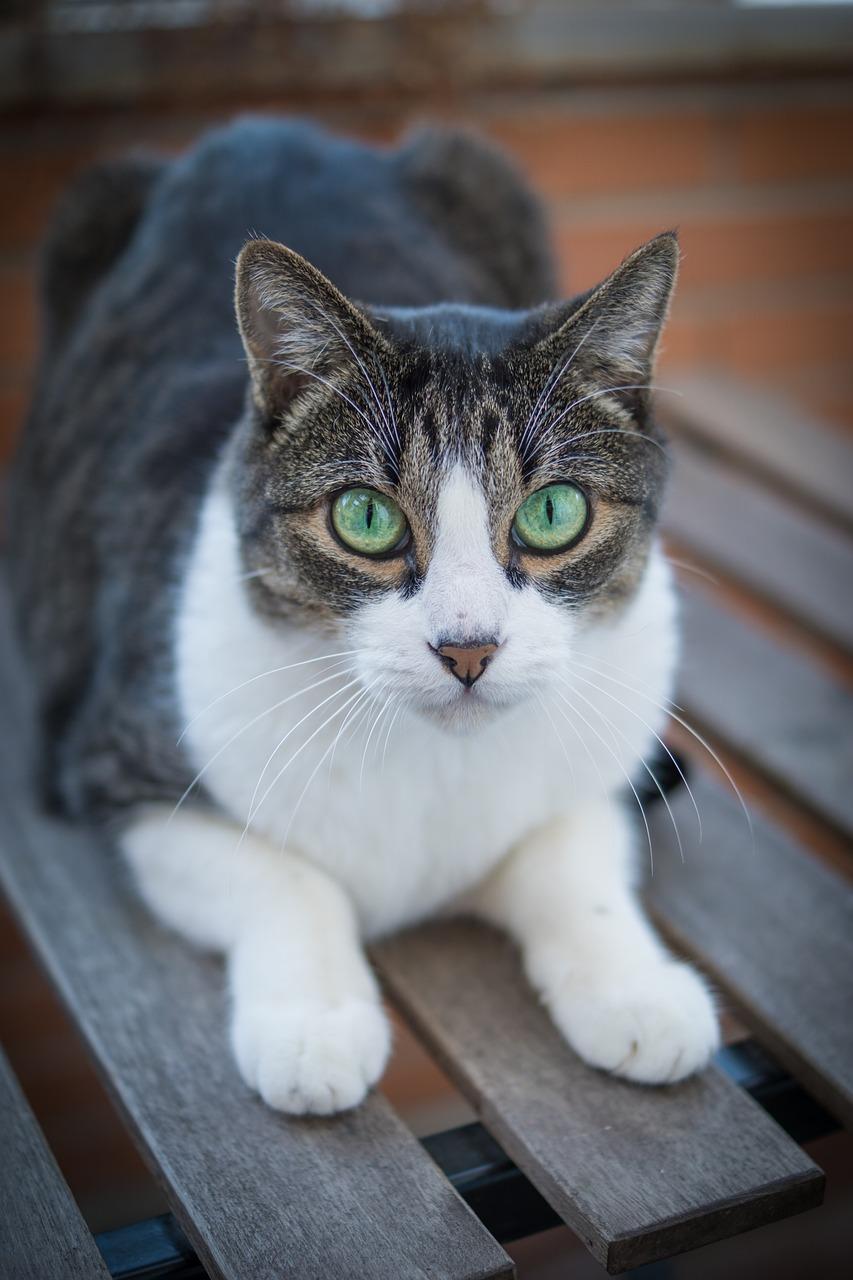
They'll figure out what's causing the problem and give you the right treatment.
And finally, if you're worried about your cat's water intake, I highly recommend checking out my blog post on How Long Can a Cat Go Without Water.
In it, you'll find all the information you need to understand how long cats can go without this vital resource.
So, if you're unsure or just curious, take a look, and I'm confident you'll find it helpful.
How to Help Your Cat Start Eating Again
If your cat won't eat, here's what you can do to get them back on track:
- Try different foods with different tastes and textures.
- Give them a variety of food options to spark their interest.
- Make sure the eating environment is relaxed and cozy.
- If your cat keeps refusing food, consult a vet.
- Stick to a balanced and nutritious diet for their overall well-being.
- Keep them active and play with them regularly.
- Take them for regular check-ups at the vet.
- Keep their living space clean and safe.
- Spend quality time with your cat to keep them happy.
Here are some ways to encourage your cat to eat:
- Offer wet food instead of dry.
- Add some tasty flavors to their meals.
- Let them eat at their own pace.
- Create a quiet spot for them to enjoy their meal.
- If necessary, feed them by hand.
- Praise them when they eat.
Keep an eye out for any changes in behavior or appearance that might indicate discomfort.
If needed, gently warm up their food and consider using a syringe to feed them if dehydration is a concern.
When choosing where your cat eats, think about their preferences – some like privacy while others prefer company.
Make sure to provide comfort and offer affection tailored to your cat's unique needs.
Some missing info you must know: Further down the blog post, I'll provide more information on treatment options for fatty liver disease in cats. So, keep reading to learn about potential solutions to help your feline friend.
Signs Your Cat May Be Suffering From Fatty Liver Disease
If your cat mysteriously avoids food, even its beloved treats, that might indicate fatty liver disease.
Signs of this condition include loss of appetite, rapid weight loss, laziness, vomiting, diarrhea, yellowing of the eyes, and dehydration.
Be vigilant for these symptoms in your feline companion.
It is vital to promptly consult a veterinarian if you observe any of these signs.
Remember, they could point toward hepatic lipidosis, an ailment targeting the liver. Look out for these indicators—you can save your cat's life by taking immediate action.
Treatment Options for Fatty Liver Disease in Cats
Let's talk about how to treat fatty liver disease in cats.
- First things first, you need to address any other medical issues your cat may have that could be contributing to the disease. This includes stuff like diabetes or infections - you gotta manage those.
- Hydration and nutrition are super important. Your vet might give your cat some fluids through an IV and make sure they're getting all the electrolytes they need.
- Your vet might also recommend specific diets or foods that are designed to help with liver function and weight gain. These special diets can give your cat the right nutrients while taking it easy on their liver.
- Sometimes cats with fatty liver disease don't feel like eating. If that's the case, your vet might prescribe appetite stimulants or high-calorie gel to get them interested in food again and stop them from losing more weight.
- In really serious cases where cats can't eat at all, feeding them through a tube might be necessary. Your vet will do this for you and make sure they're getting enough food and nutrition.
- Fatty liver disease can cause some uncomfortable symptoms for your cat, like pain, nausea, vomiting, or seizures. But don't worry, your vet can give them medication to help with that and make them feel better.
Throughout the treatment process, you gotta work closely with your vet.
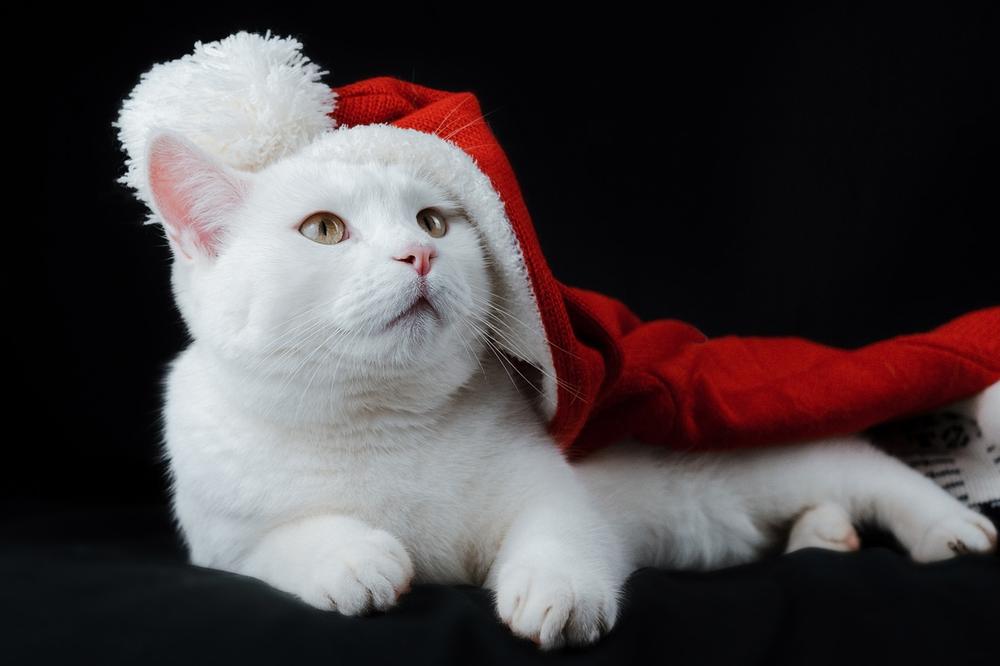
They know what's best for your cat and will tell you what to do based on their specific needs and condition.
And that wraps up today's article.
If you wish to read more of my useful articles, I recommend you check out some of these: When to Put Your Cat Down the Complete Checklist, How to Deal With Regret and Grief After Putting Cat to Sleep, Did I Put My Cat to Sleep Too Soon, Why Wont My Cat Drink Water From Her Bowl, and Why Is My Cats Nose Cold
Talk soon,
-Sarah Davis